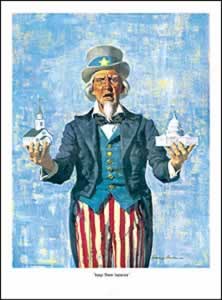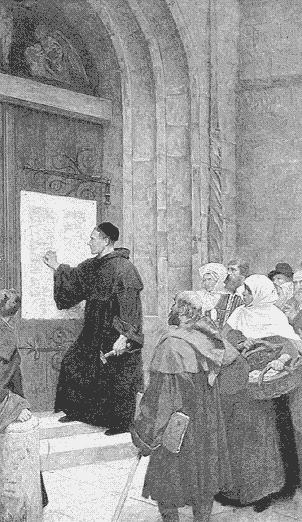May 13 is the Roman Catholic feast of “Our Lady of Fatima,” and the anniversary the first apparition by a spirit impersonating the Virgin Mary to the three shepherd children in the Portuguese village in 1917. It was also on May 13, 1981 when the assassination attempt was made on Pope John Paul’s life, which greatly enhanced papal devotion to the Virgin Mary.
In his message to the visitors in St. Peter’s Square, Benedict XVI linked devotion to Mary closely to devotion to the pope by suggesting that his pilgrimage to Portugal was “in gratitude ‘to the Virgin Mary, who in Fatima transmitted to her visionaries and to pilgrims an intense love for the Successor of Peter.’”
“Throughout the whole trip… I felt sustained spiritually by my beloved predecessor, the Venerable John Paul II,” Benedict XVI said.
In other words, the pope is also teaching that John Paul II, along with the Virgin Mary, and the deceased children of Fatima are now in heaven working on his behalf.
The pope “reflected on the rosary, saying that ‘this prayer, so dear to the Christian [Catholic] people, has found in Fatima a propelling center for the whole Church and the world.’” “We can say that Fatima and the rosary are almost a synonym.”
In other words, devotion to Mary and praying the Rosary is a propellant that turbo charges Catholic faith.
The visit to Portugal was a demonstration of raw papal spiritualism in its most blatant form. This is one of the two great principles at the end of time. Satan, or his angels masquerade as a departed saint, who then is credited with miracles on behalf of the “faithful.” The pope and other church leaders venerate and worship the saint or, in this case, the Virgin Mary, and lead billions to follow their example.
While protestants, or evangelicals, as they like to be called today, do not worship saints, or even venerate them, they nevertheless continue to interact with Rome in ecumenical dialog, giving Rome greater and greater influence. Keep the Faith

















0 comments:
Post a Comment